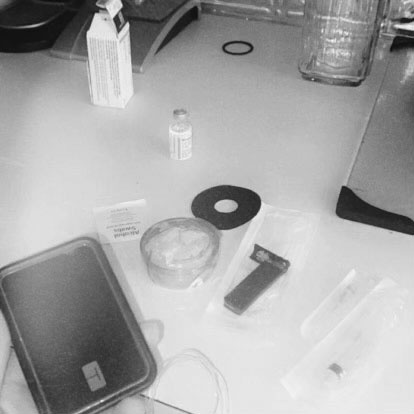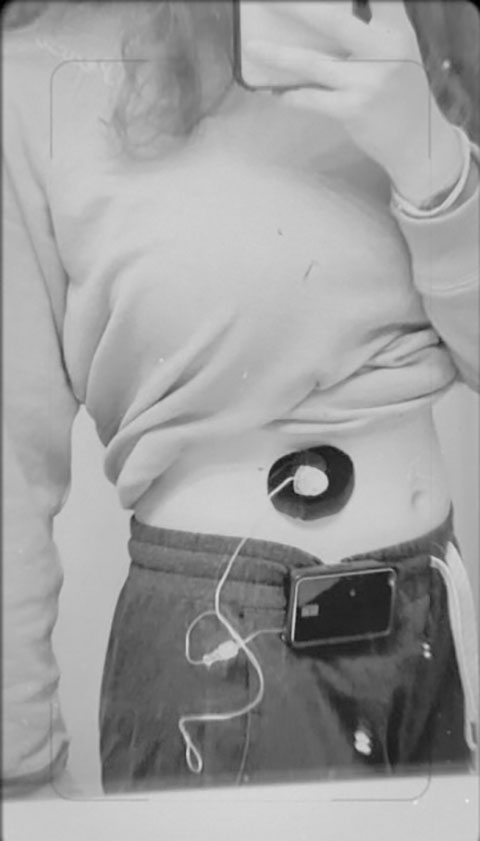By DERRICK GALINDO
Student Reporter
Today is the day to recognize, manage and prevent diabetes across the world; Nov. 14 is World Diabetes Day.
According to the World Health Organization, World Diabetes Day is an opportunity to emphasize action about the critical global health crisis known as diabetes. The theme of this year’s celebration is “breaking barriers, bridging gaps”, which highlights their mission to reduce risks of diabetes, and ensure those diagnosed have access to treatment.
According to the Pan American Health Organization, Diabetes is a disease characterized by high blood sugar levels, and damages the heart, blood vessels, nerves, eyes and kidneys. It is a major cause of blindness, kidney failure, stroke, lower limb amputation and heart attacks. In America, approximately 62 million people have diabetes, with the majority of those affected living in low and middle income.
However, the Pan American Health Organization said that diabetes can be treated, and its consequences delayed or avoided entirely. Whether it be maintaining body weight, regular physical activity, dieting or avoiding tobacco products, people have many ways to reduce their risk of diabetes.
“If I don’t watch my health, what I eat and when I exercise, I will get it,” said Jaden Matthews, a junior speech and theater major from Hennessey. She said her family has history with type 2 diabetes.
“My mom has it, all my grandparents except for one has it, my great grandparents had it, all of my aunts have it or have had it in the past, same with my uncles. If I’m not incredibly careful I will have it, almost a guarantee.
“A lot of research seems to say that type 2 is not genetic, but if you look at a lot of people’s family history, it really does seem like it is a genetic thing. There’s at least some sort of genetic factor that plays into it.
While she is at risk of type 2, she said she doesn’t want to get it because of how it affected her family members, and in turn, affected her.
“My grandfather died due to complications with diabetes,” she said. “A lot of times, people with diabetes, they will get these sores on their feet, it’s called neuropathy. It makes it to where you can’t feel your feet, and so a lot of times they’ll step on something and they won’t feel it, and they’ll get a major infection. That’s why you hear about a lot of people with diabetes losing their feet.
“That happened to my grandfather. He stepped on something, and it got super infected. Then it traveled up into his bloodstream; he had sepsis. He beat sepsis once, and somehow made it out. That’s a very low likelihood that you do. The second time he got it, he passed away from it.
“My mother has to take insulin now, and she deals with neuropathy and her feet just hurt all the time. I really want to avoid it, because it’s not something anyone should have to deal with or wants to deal with.”


